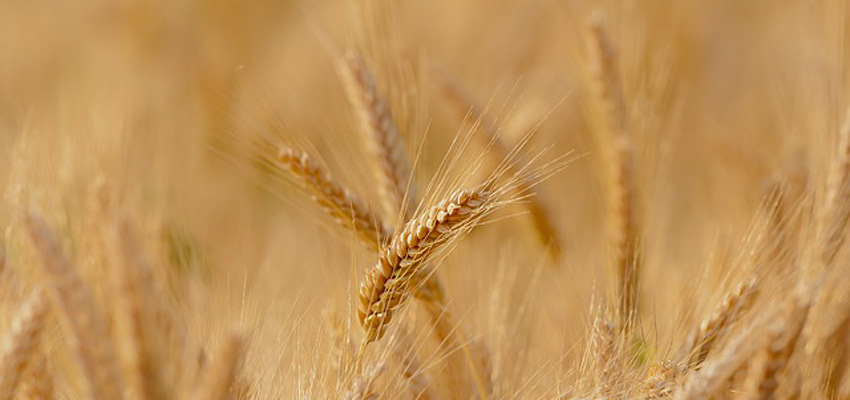The authorisation of glyphosate has been extended by 10 years because the EU's appeal committee failed to reach a qualified majority of states in favour of banning the controversial herbicide.
The discussions were bitter and lengthy. On the one side was the lobby of the manufacturer Bayer, on the other organic farmers' organisations and nature protection groups.
While the agricultural industry defended the total herbicide, which is used in huge quantities in conventional cultivation worldwide, and painted a picture of crop losses and even the decline of the industry if it was banned, opponents tried to convince the EU Parliament with numerous scientific studies that glyphosate should no longer be used, as the negative effects on the biosphere and the suspected cancer risk could not really be dispelled.
In the end, the EU Commission had to authorise the active ingredient for a further ten years in the EU and will only tighten some of the conditions for its use. The new regulation is currently being prepared and is due to be published shortly. Whether the German Federal Agriculture Minister Cem Özdemir will invoke the coalition agreement to phase out the use of glyphosate in Germany by 2024 and still be able to enforce a national ban on its use remains to be seen.
YOUR PLUS and ours: We will continue to analyse many raw materials, food and animal feed for compliance with the applicable maximum levels for glyphosate in the coming years!
Author: Dr Frank Mörsberger

 Contact
Contact

 Contact
Contact Career
Career